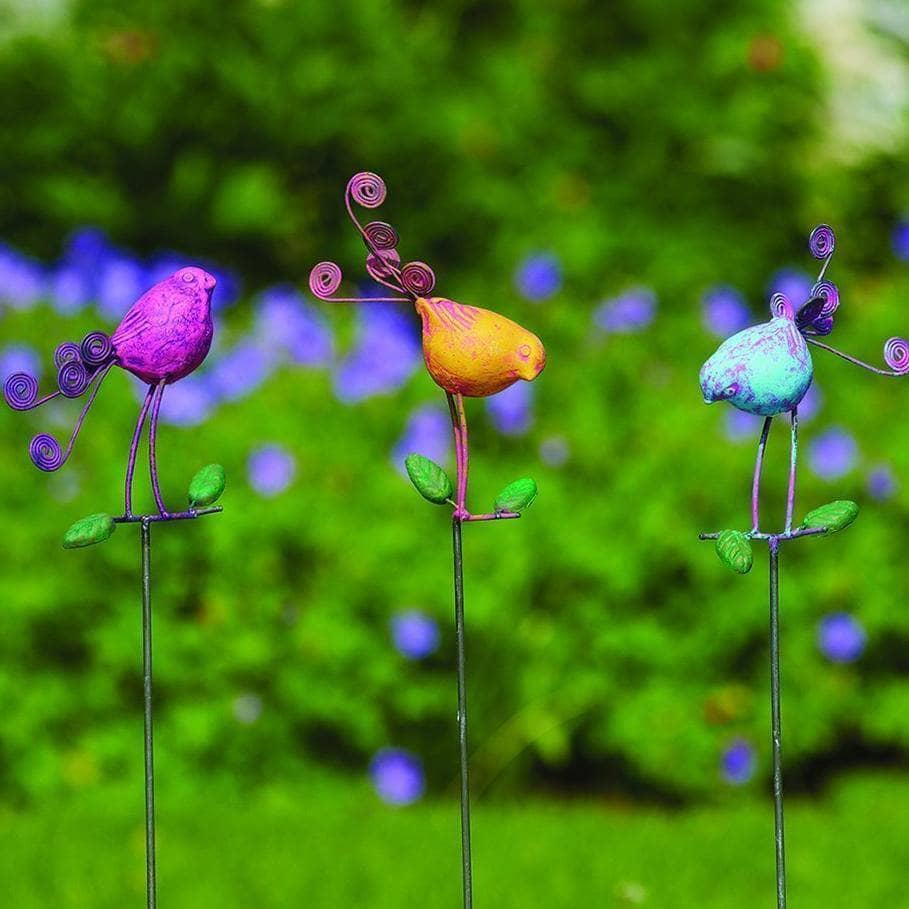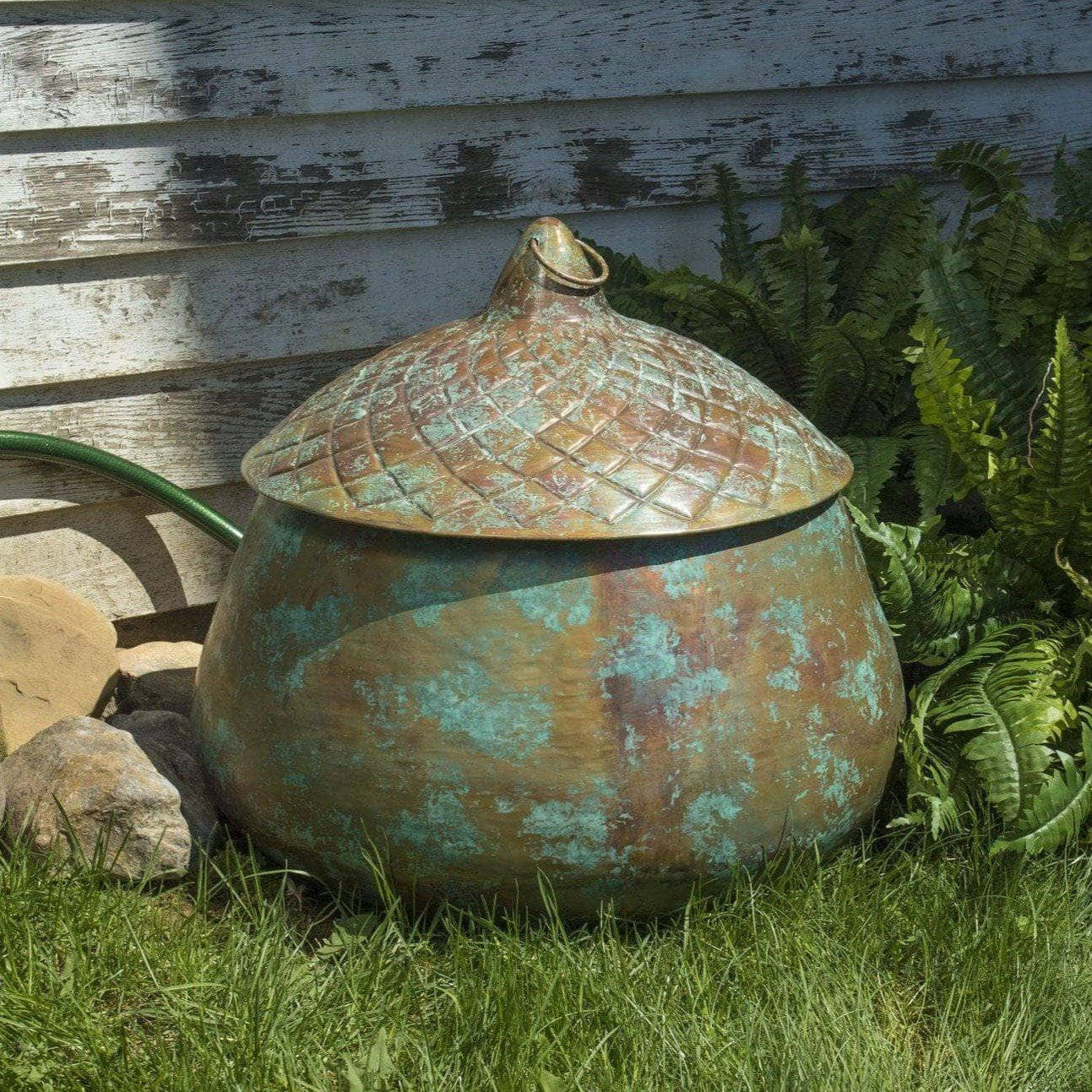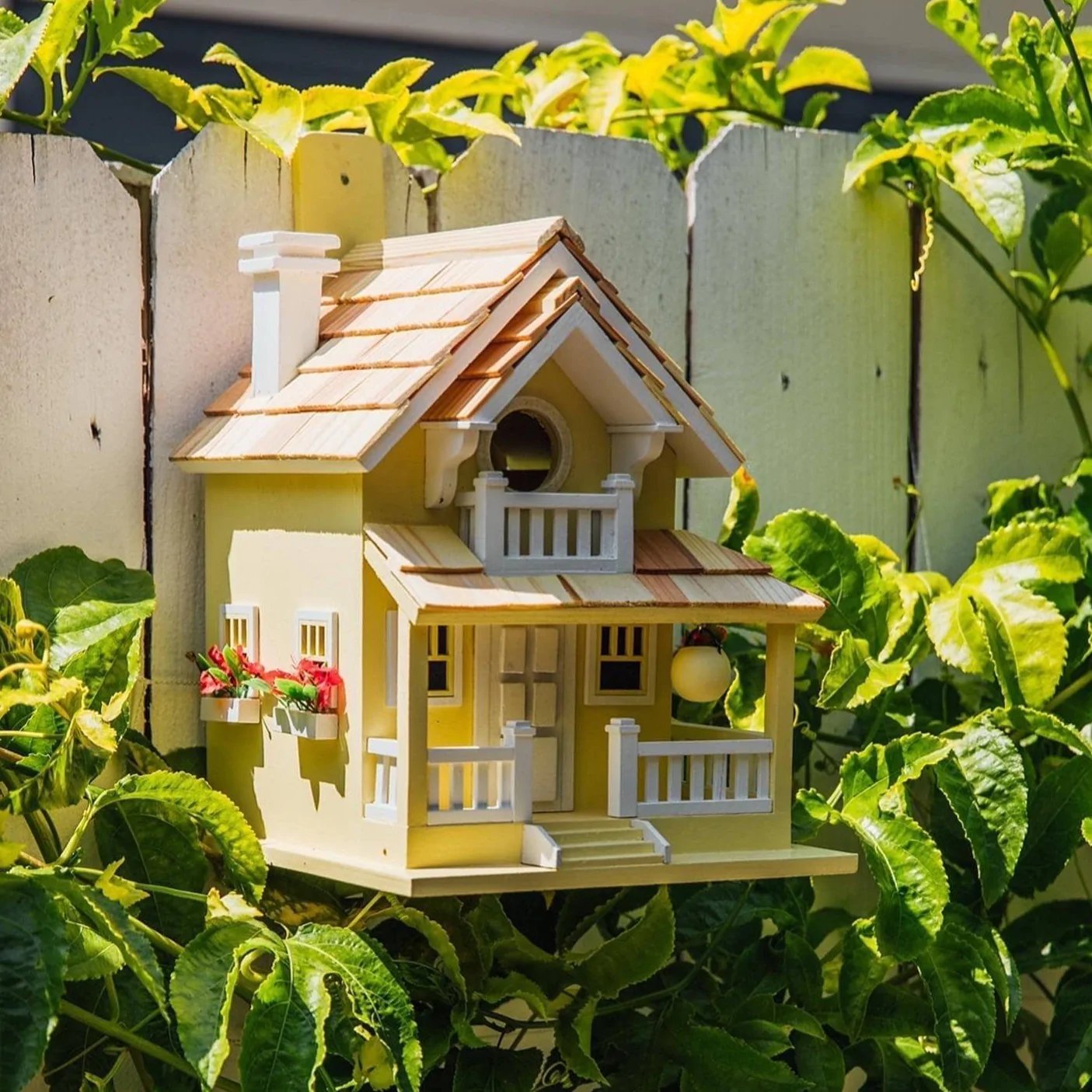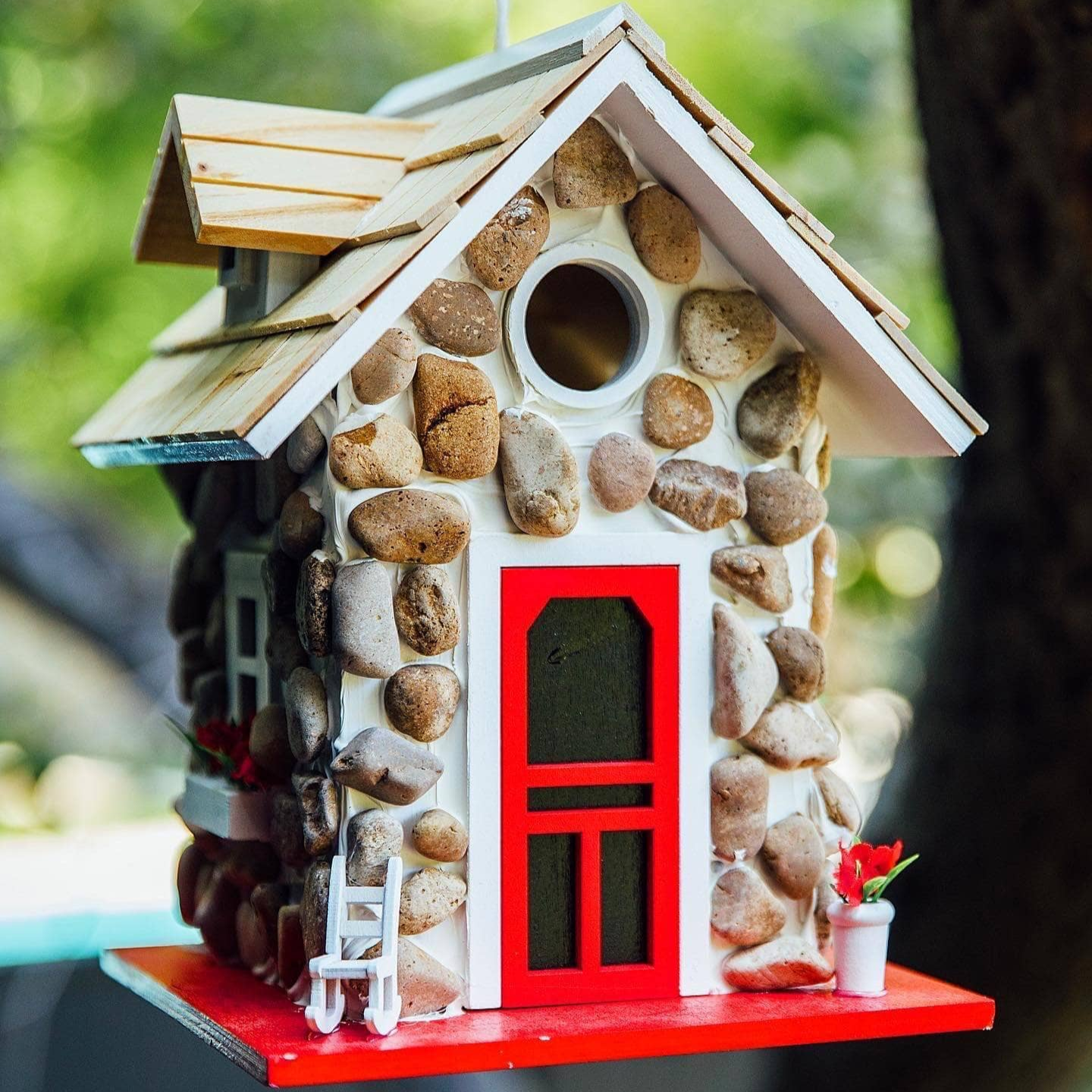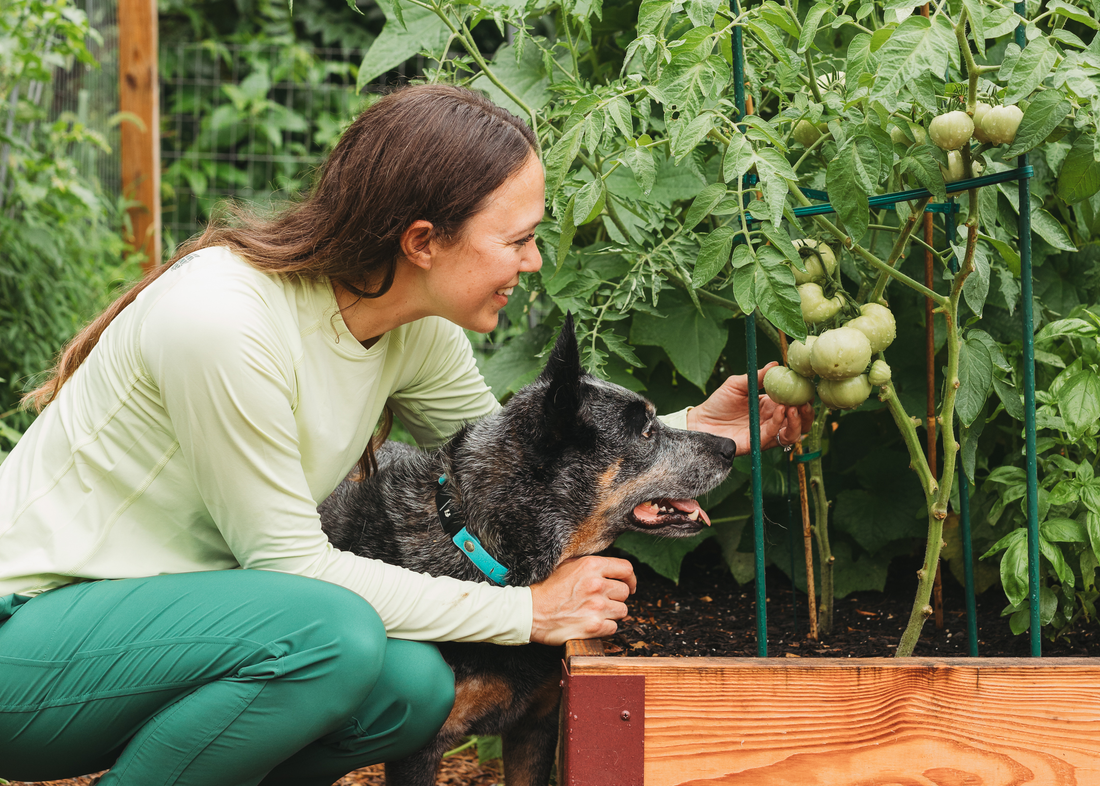
5 Smart Garden Habits You Shouldn’t Be Skipping
Share
Even the most seasoned gardeners have blind spots. It’s easy to get caught up in watering, weeding, and planting while forgetting some of the lesser-known (but game-changing) practices that can make your garden thrive. Here are five things you should be doing in your garden — but chances are, you probably aren’t.
1. Observing Daily (Not Just When You Remember)
The best tool in your gardening toolbox is your own eyes. Taking a few minutes every day to really look at your plants helps you spot issues before they become disasters. This seems like an obvious tip, but it's important to stay on top of it, as just ignoring your garden for a few days can lead to larger issues that are more difficult to tackle.
- Notice drooping leaves? That could be a water issue.
- See holes in a few leaves? You might have early pest activity.
- Flowers looking fuller than yesterday? Time to expect pollinators and maybe even fruit.
Quick Tip: Walk your garden with your morning coffee. You’ll catch small changes (good and bad) that you’d otherwise miss.

2. Practicing Companion Planting
What is companion planting? It's a gardening technique where different plant species are grown together to provide mutual benefits. You’ve probably heard of planting marigolds near tomatoes, but companion planting goes far beyond that. It’s a natural way to boost yields, deter pests, improve soil fertility by adding nutrients, attracting beneficial insects for pollination and maximizing space.
- Basil repels pests from tomatoes.
- Onions can deter carrot flies.
- Beans fix nitrogen in the soil, helping heavy feeders like corn.
- Nasturtiums act as a “trap crop,” luring aphids away from your vegetables.
Quick Tip: A small shift in how you group plants can cut down on pests and reduce the amount of time you spend tackling problems!

3. Watering at the Right Time (and in the Right Way)
Watering isn’t just about frequency — it’s about how and when you do it. Too many gardeners water in the evening, leaving leaves damp overnight, which encourages disease.
- Water early in the morning so plants have moisture for the day ahead.
- Always water at the base, not overhead.
- Deep, infrequent watering encourages strong root systems.
Quick Tip: A soaker hose or drip irrigation system can be helpful if you don't have the time or having trouble keeping on a good watering schedule. Though morning watering is ideal, nature rains when it wants, so if you don't have a choice, just water when you can and be mindful of how much overhead water your plants get in the afternoon.
Our watering can is a great option (click here)!

4. Feeding Pollinators Year-Round
Everyone loves a spring pollinator garden, but many people forget that bees, butterflies, and other beneficial insects need food beyond April and May.
- Plant early bloomers (like crocus and hellebores) and late bloomers (like asters and goldenrod).
- Mix perennials and annuals to keep nectar flowing throughout the season.
- Don’t forget herbs—thyme, oregano, and chives are pollinator magnets when they flower.
Quick Tip: Even a few pots of pollinator-friendly flowers can make your garden more productive.
5. Supporting Pollinators Intentionally
Beyond planting flowers, there are deeper ways to make your garden a true sanctuary for pollinators. Intentional support means thinking about their entire life cycle and needs.
- Provide shallow water sources (like a pebble dish) for bees and butterflies.
- Leave small “wild” corners or brush piles where native bees can nest.
- Avoid pesticides that harm pollinators, even “organic” sprays.
- Choose diverse blooms so something is always in season.
Quick Tip: A garden that supports pollinators will, in turn, reward you with healthier plants and bigger harvests. Once you increase the diversity in your garden, you will be amazed at how much of a difference it will make!
Final Thoughts
Gardening doesn’t have to be complicated, but these often-overlooked steps can take your garden from “just okay” to flourishing. Start small — observe daily, plant with intention, and think beyond flowers for pollinators — and you’ll see the payoff in healthier plants and a more vibrant garden!
About Us
Happy Gardens is a one-stop-shop for beautiful garden decor and gifts. We hand-select high-quality products that are sure to be cherished by you, your family and your guests for years to come. Shop our products here!
